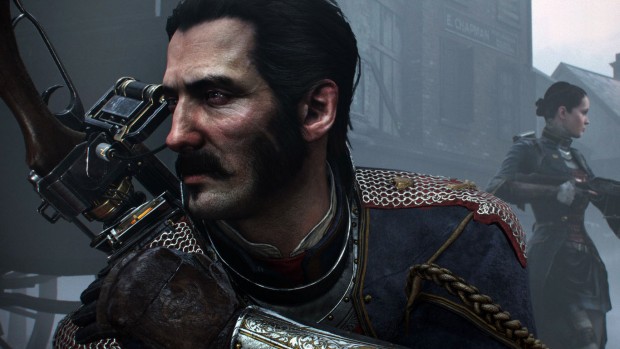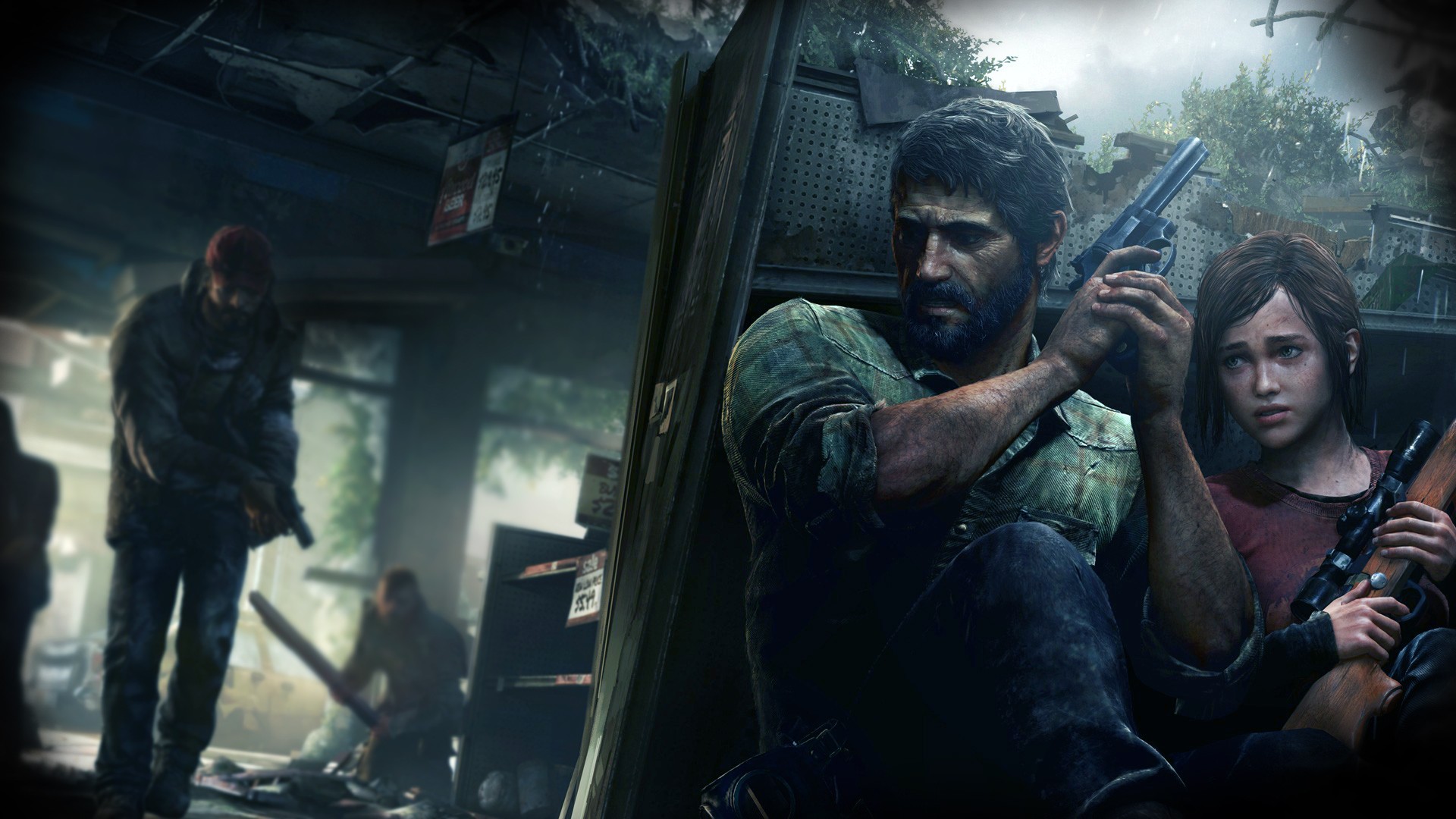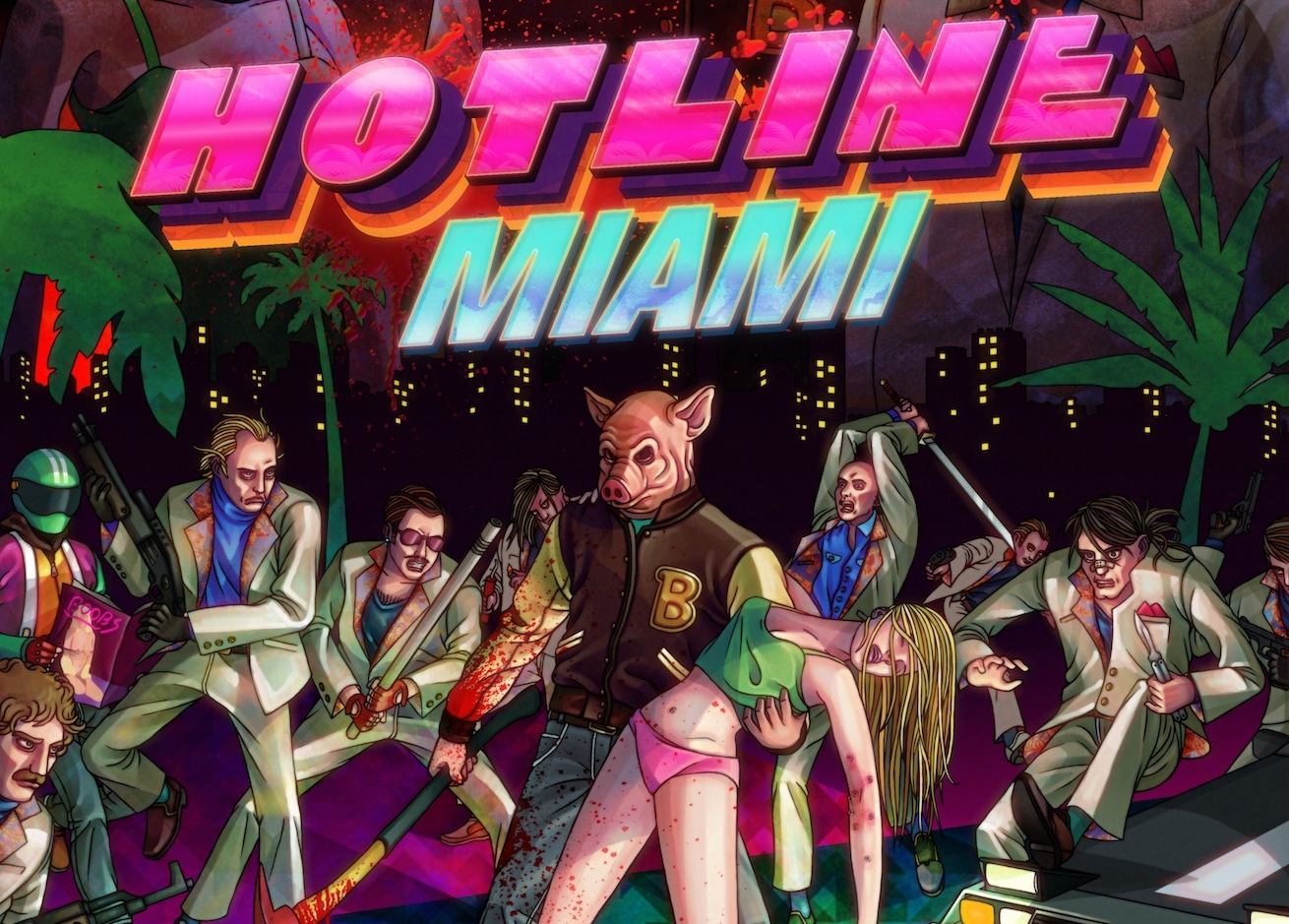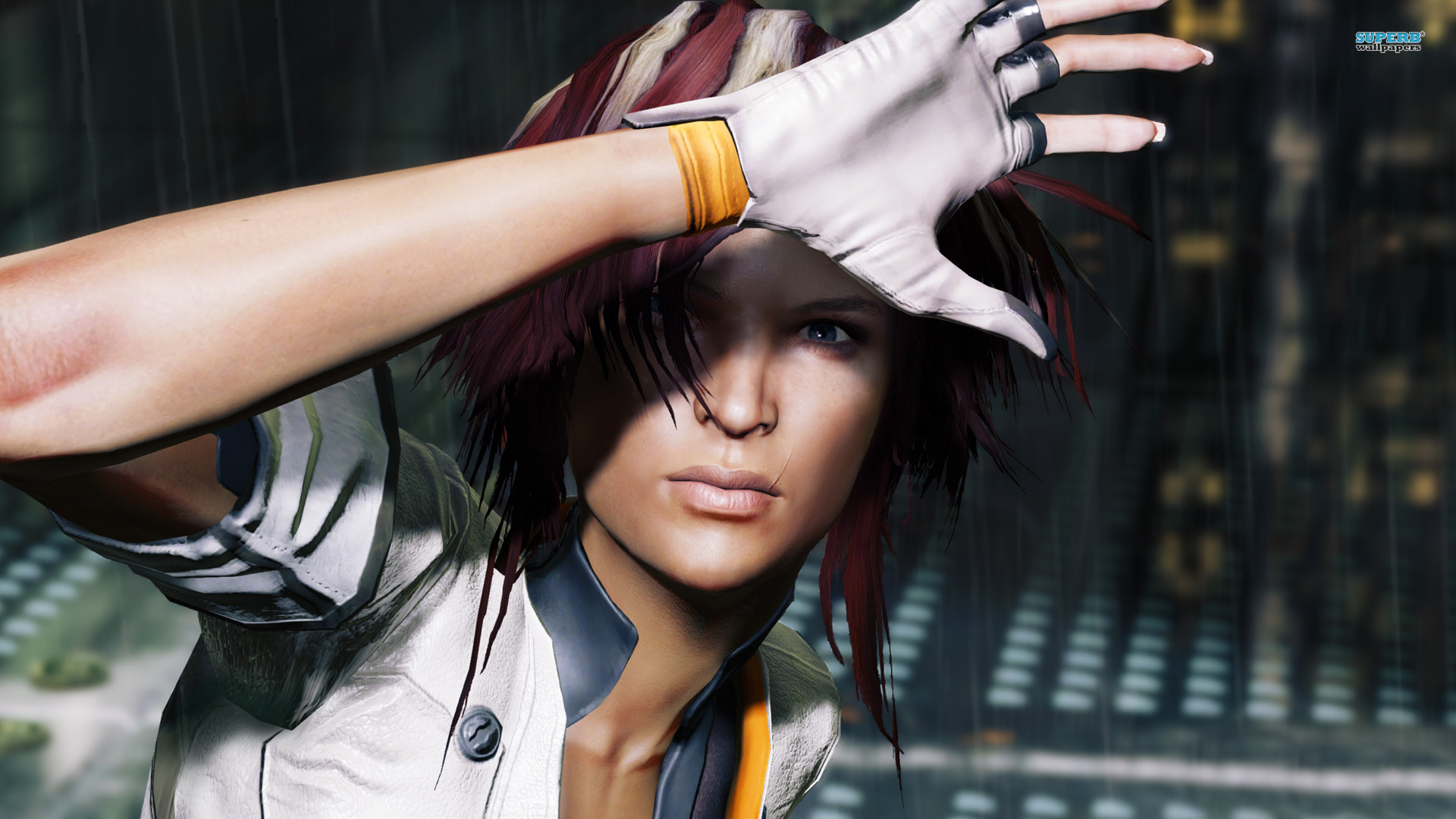Style versus substance. The eternal question. Which you favour, of course, very much depends upon your personality. There are those who will be wowed by the purest aesthetics of an art form, in this case videogames, who will froth and rave about graphical detail, texture pop-in, draw distance, facial animations, particle blur and so on. And then there are those who will prefer to be immersed in an engaging story deftly told with empathic characters, surprising twists and an emotional pay-off. Unfortunately, The Order: 1886 falls between these two stools, and is more often that not perched uncomfortably on the former. There is no doubt that it is a visually striking, at times quite beautiful game, this exchange is made at the expense of gameplay in which you act as a bystander watching a drama unfold rather than being the one who has any influence on what is taking place onscreen. Now, we all know that gameplay is an illusion, a well-crafted parlour trick where the gamer feels as if the simple gesture of pushing buttons really does trigger the explosions, lift-offs and knife swipes unfolding in front of the eyes. However, most other releases conceal the trick wires and palmed cards more skilfully than The Order, which is so frequently concerned with how good it looks that it takes its mind off how to construct a rewarding experience.
None of this would be quite so disappointing if The Order did not show so much promise. Firstly, the setting of a revisionist steam-punk London wherein a dapper band of moustachioed knights of the round table protect the city from evil with weapons designed by Nikola Tesla… well, yes, that sentence sounds barmy but that’s the point. There are shades of Alan Moore’s League Of Extraordinary Gentlemen, the little-known 2000 AD strip Indigo Prime and the equally underrated stealth-based game Dishonoured. There are stand-offs with werewolves, cover-based shootouts and a potentially intriguing plot but each of these things is given short shrift by the repeated intrusion of scripted cut-scenes and quick time events where any suspense is largely negated by, yes, the simple gesture of pushing buttons. Anyone familiar with the likes of Metal Gear Solid or God Of War will have seen such mechanics before yet they have never felt quite at home in a videogame. They feel like a poor substitute for the real thing: the apparent freedom offered by Skyrim, for example, the Assassin’s Creed series that also toys playfully with historical events, or the equally revisionist though much more fun Wolfenstein update from last year. Neither of these titles holds your hand tightly or forces you down rigidly preordained corridors (or rather, it is not obvious that they do so) in quite the same manner. In comparison, The Order is a game that should be a hoot to play but instead spends its time playing you. Ross Thompson






